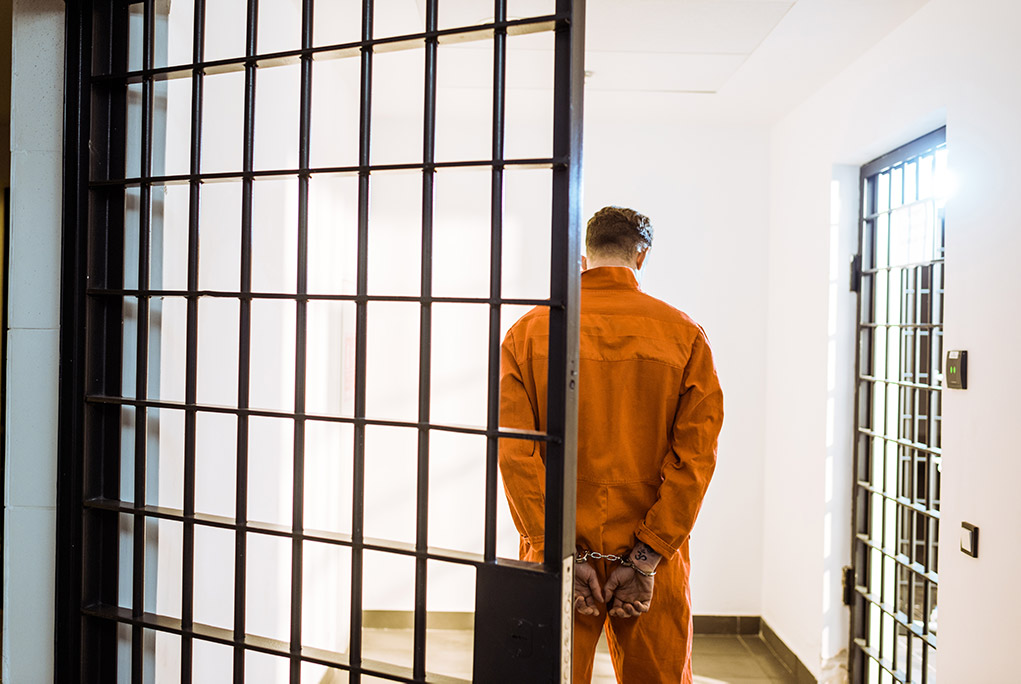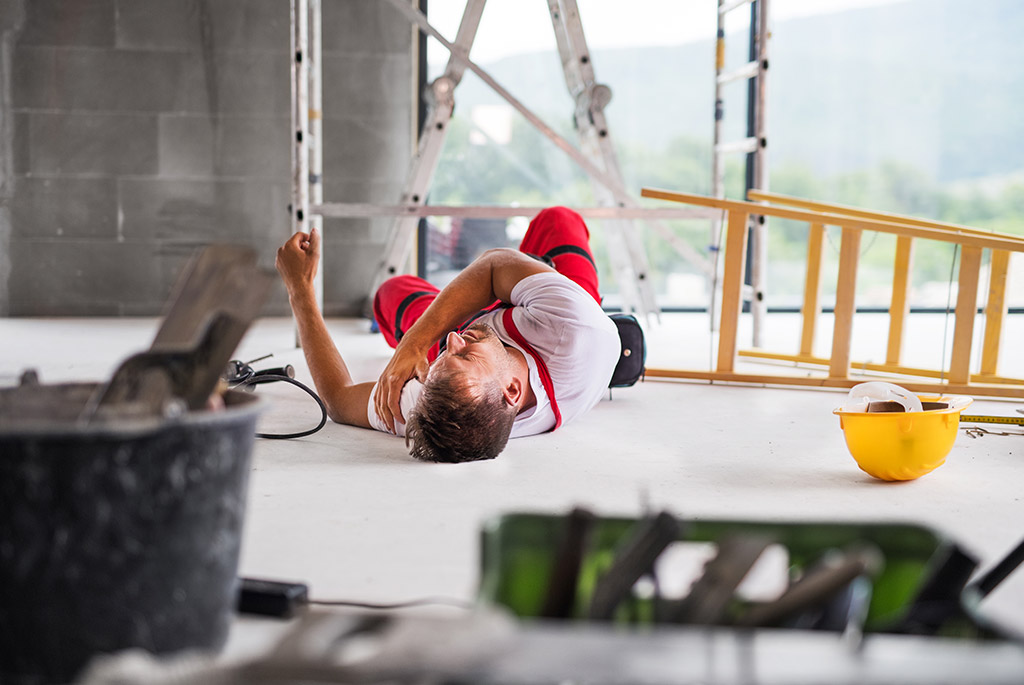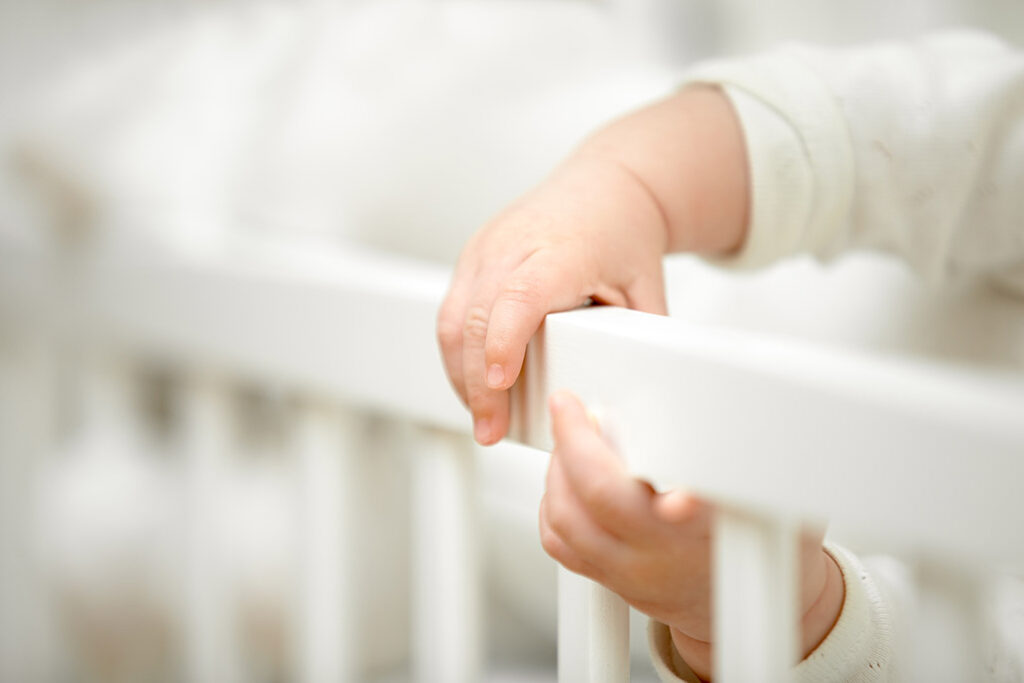States Attorneys General Support Widespread Antitrust Reform

In September 2021, the attorneys general of 32 states sent a letter to both houses of Congress supporting six proposed bills that together provide new tools for pursuing antitrust violations and would increase the role that states can play in enforcement actions. In particular, the bipartisan cadre of AGs support more authority in actions that would typically be handled at a federal level and enhanced ability to initiate antitrust cases at the state level.
The bills largely target the technology industry, where rapid and dynamic expansion can lead to anticompetitive behavior that is not well handled by current antitrust laws. Because those laws have not been substantially overhauled since the rise of tech-industry behemoths in the 1990s and 2000s, they tend to be inadequate to address the way a platform such as Facebook can take ownership of an entire sector, and maintain dominance through acquisitions and preferencing its own services. The new rules that the state attorneys general support would specifically address anticompetitive behavior by technology companies, making those cases easier to pursue.
The AGs’ support for these rules may be a harbinger of a more aggressive posture toward antitrust violations at the state level. While these cases tend to be multijurisdictional and, consequently, led by the federal government, many state attorneys general believe that federal enforcement has been inadequate and that state-led antitrust cases will result in better outcomes.
This article provides greater insight into the six bills supported by the state attorneys’ general, led by Phil Wiser (CO), Douglas Peterson (NE), Letitia James (NY), and Herbert H. Slattery III (TN).
Safety Issues Invigorate Scrutiny of Rikers Island

Safety concerns at Rikers Island, an aging maximum-security prison in New York, are not new. The facility is now under federal supervision, and Mayor Bill DeBlasio promised to close it entirely. However, now that the mayor’s office is instead opening new sections of Rikers Island, prisoners’ rights advocates and Democrats are objecting on the grounds that the prison is not safe for inmates.
When a person is incarcerated, the prison that takes custody of that person has a duty of care. Simply put, the prison must ensure that inmates are not injured or sickened because of negligence, a failure to maintain a safe physical structure, or the actions of prison staff. For years, Riker’s Island has had an abysmal record in all three areas, contributing to numerous injuries and failing to protect prisoners from themselves and others.
Because of this, inmates and their families may have grounds to seek compensation for the prison’s negligence. For example, the federal supervisor recently criticized the prison’s staff training because guards failed to adequately watch a prisoner who then attempted suicide. If that prisoner had died, his family could sue because the staff failed to follow procedures that call for observation of inmates to prevent suicide attempts. The procedures would establish a standard of care, and the failure to meet that standard would constitute negligence.
As the debate over Rikers Island’s future continues, more inmates, former inmates, and inmates’ families will likely pursue legal action against the prison. This article explores the prison’s duties in greater detail.
Injured Rikers Island inmates deserve compensation. For a free consultation with an experienced personal injury attorney in New York, contact Napoli Shkolnik PLLC.
Injured Construction Workers Often Don’t Know Their Rights

Working in the construction industry is risky. Especially in urban areas, construction workers often work at heights that could cause serious injury or death in the event of a fall; they often perform work with dangerous, heavy machinery; and they are often exposed to airborne chemicals, dust, and debris that can be harmful if proper protective equipment is not worn. Employers are required to ensure that their workers have a safe workplace, but the nature of construction work still leads to thousands of serious injuries every year.
Workplace accidents are covered under workers compensation insurance. However, an employer may be liable in some states if dangerous conditions persist unmitigated after they have been reported, if employees are pressured to perform especially risky work, if protective equipment is not provided, or if a safety policy is not established and enforced. Often, workers who are injured do not know their rights – or the full extent of their rights – and therefore do not receive all the benefits they are entitled to. It is critical that injured workers consult with an attorney who can connect them with resources for immediate help and who can ensure that they receive all the compensation they deserve.
If you or a loved one has been injured at a construction site, watch this short video and contact Napoli Shkolnik to discuss your case with an experienced attorney.
Baby Furniture Recall Shows the Risks of Common Products

The Consumer Product Safety Commission (CPSC) ordered the recall of over three million baby lounger products produced by Colorado-based Boppy Furniture Company after eight infants died after falling asleep in the loungers. Although the company claimed that their products were not intended for sleep, and that they came with warnings about letting infants sleep in them, the government argued that because babies sleep so much and a lounger is a comfortable place to sleep, letting a child fall asleep in one would be normal, even if it is an unintended use.
The recall provides a stark reminder of how dangerous common products can be. Manufacturers seek to limit their liability by including warnings in the products’ original packaging, but the fact is many people ignore that literature while they are assembling a product and forget about it after the product is in use. Manufacturers are strictly liable for injuries caused by manufacturing defects (such as using a cheaper material that fails while in use) and design defects (when a design element causes the product to fail). When the injury occurs while using the product in a way that seems normal, but that the manufacturer does not intend, making a claim for damages can become more complicated.
Even in cases of strict liability, establishing the level of damages to claim can be complex, including both damages that can be arrived at mathematically (like lost wages) and damages that are less defined (like pain and suffering). For a deeper understanding of the rules that govern product liability and the way attorneys arrive at an estimate of damages, read this article.
